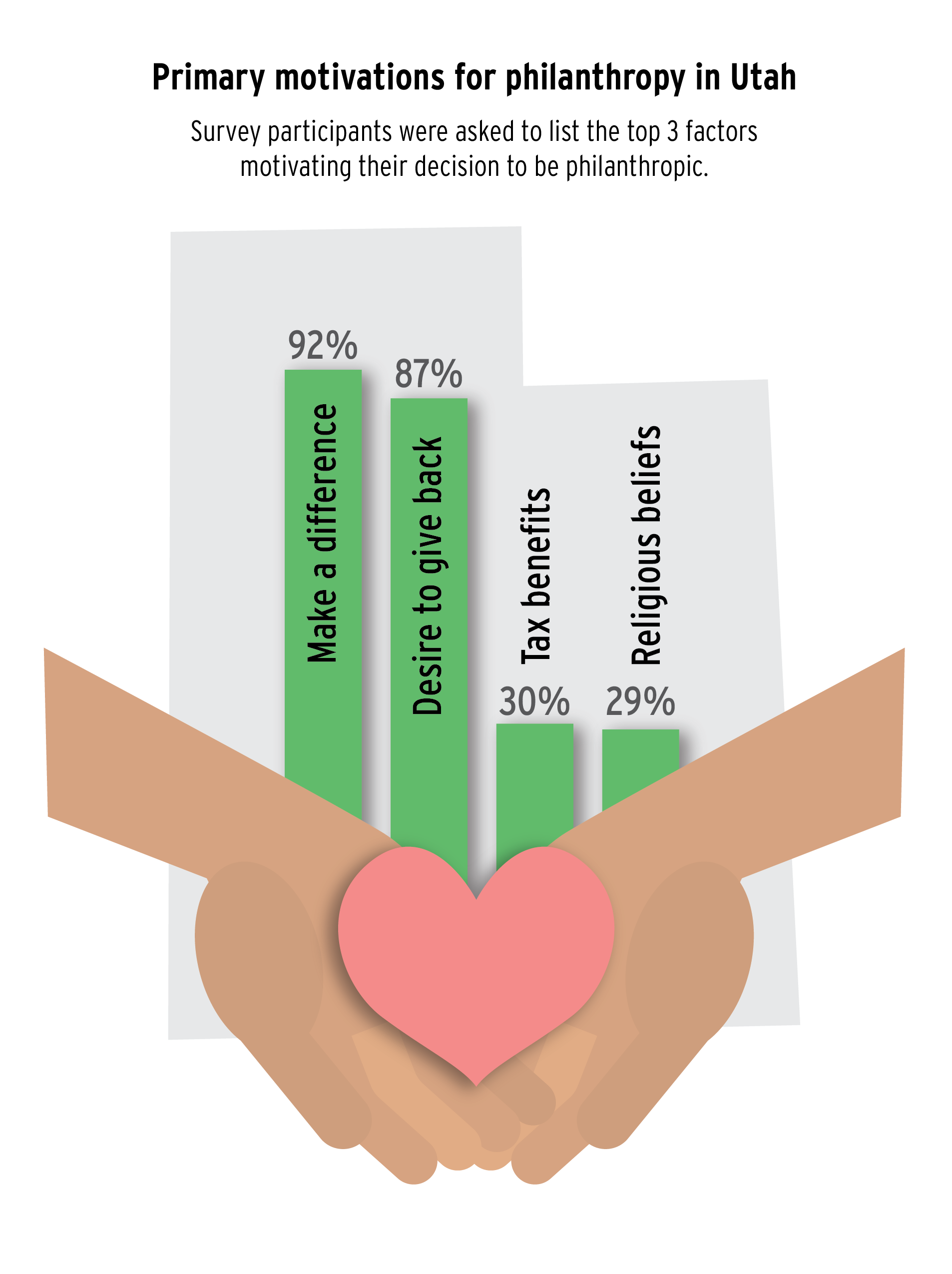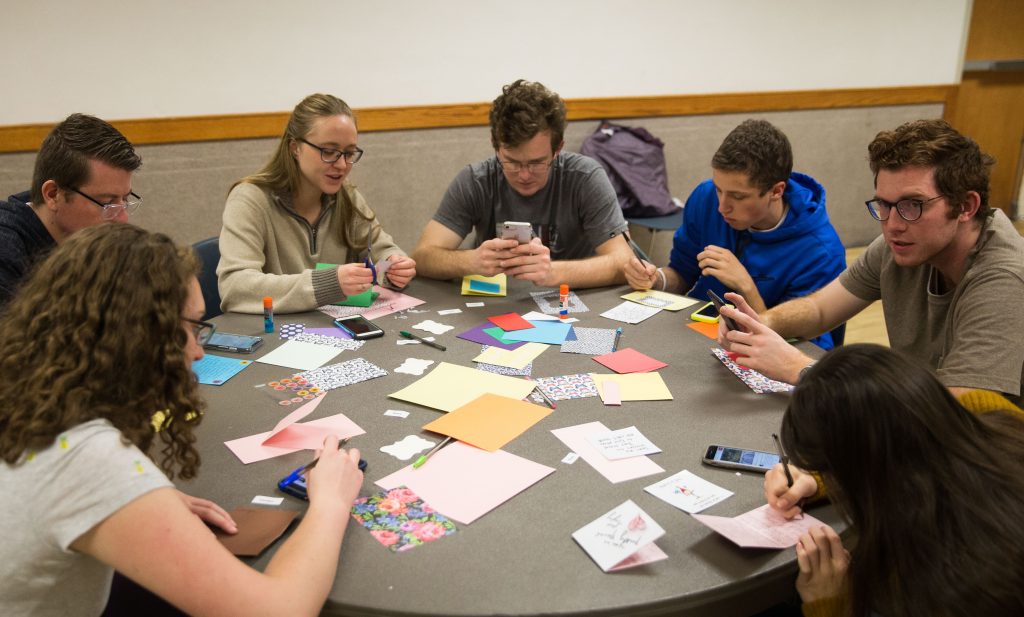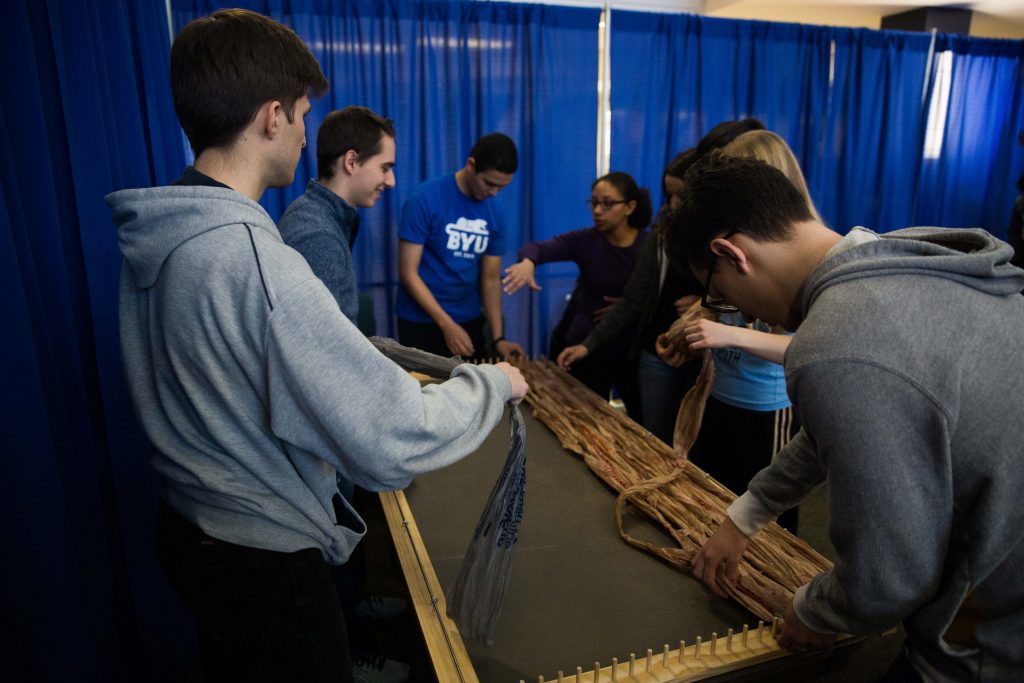
Utahns lead the nation in both time and money contributed to service, according to a recent Cicero Social Impact report.
“The Giving State,” a research report published in 2017 by Cicero Social Impact, describes how Utah is the most generous state in the country.
Many organizations contribute to this result. For example, BYU’s Y-Serve teaches students how to satisfy others’ needs instead of teaching students only how to complete a project. Y-Serve’s form of service leads to lifelong service.
“One of the interesting things is that a lot of schools have service learning centers, but ours is one of the biggest in the nation,” said Lauren Holbrook, Y-Serve marketing events executive director. “It’s a massive effort that comes from BYU students wanting to get involved and give back.”

One of BYU’s foundational aims for its students is to promote “lifelong learning and service.” Y-Serve facilitates this by providing service projects both on campus and throughout the area. Holbrook said Y-Serve tries to get students off-campus to fulfill an actual need in the community. She said if students can get connected with a non-profit off campus, they can use these same connections to continue their pattern of giving back after graduation.
“Y-Serve essentially prepares people how to serve in the real world,” Holbrook said.
Y-Serve’s efforts are helping create the culture outlined in Cicero Social Impact’s report. The report showed 92 percent of Utah respondents’ primary motivation was to “make a difference.” This was followed closely by 87 percent with the “desire to give back.” The next highest reported motivations were tax benefits and religious beliefs at 30 percent and 29 percent, respectively.
Holbrook said students are willing to serve because the LDS culture teaches service from a young age. This supports the findings of the study showing LDS respondents gave twice as much as their non-LDS counterparts and 58 percent of respondents are donating to religious organizations.

Y-Serve Executive Director Chris Crippen said Y-Serve’s largest category of programs is mentoring and education. He said volunteers aim to uplift those they work with.
“Our volunteers will go to serve and end up feeling served themselves,” Crippen said. “Let’s be honest, the friendshipping is the real service.”




